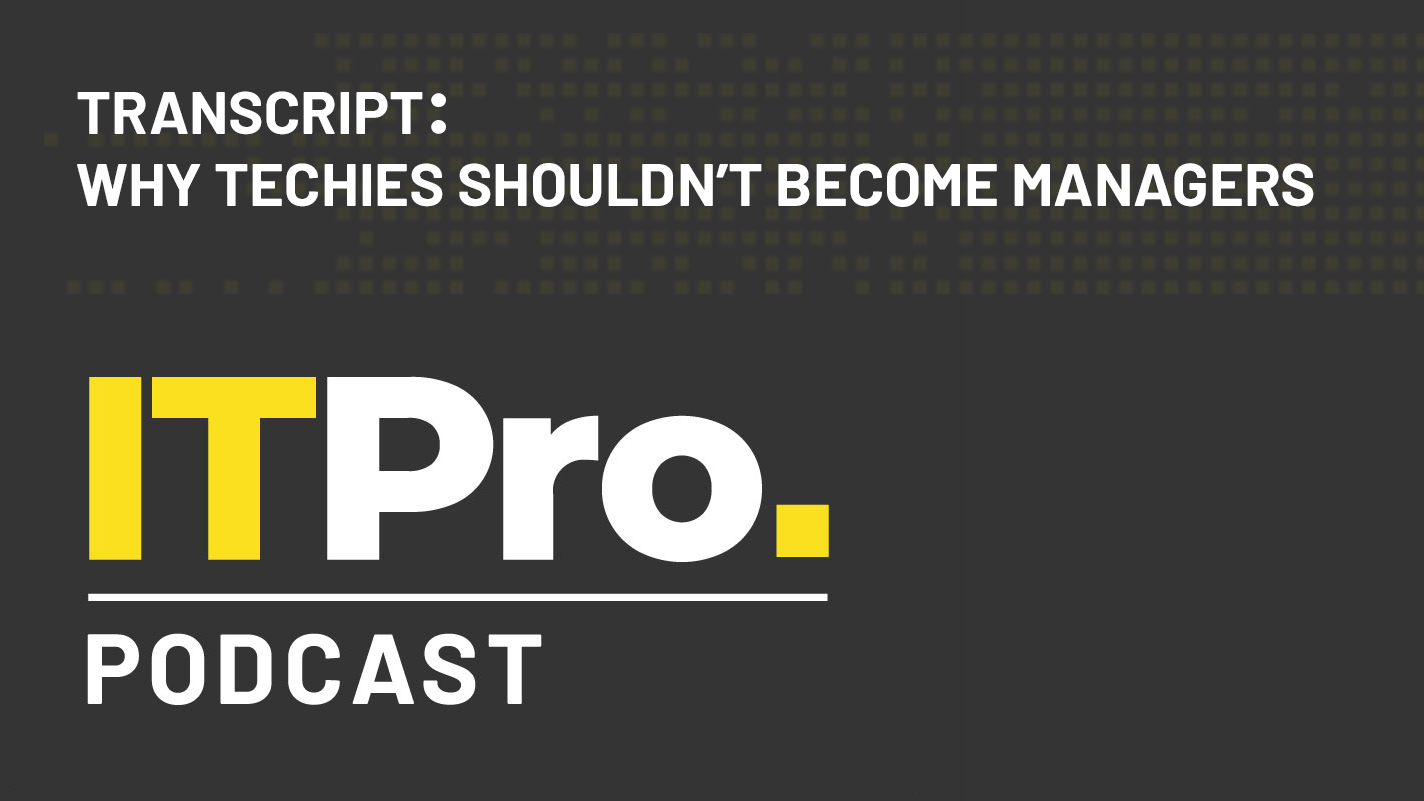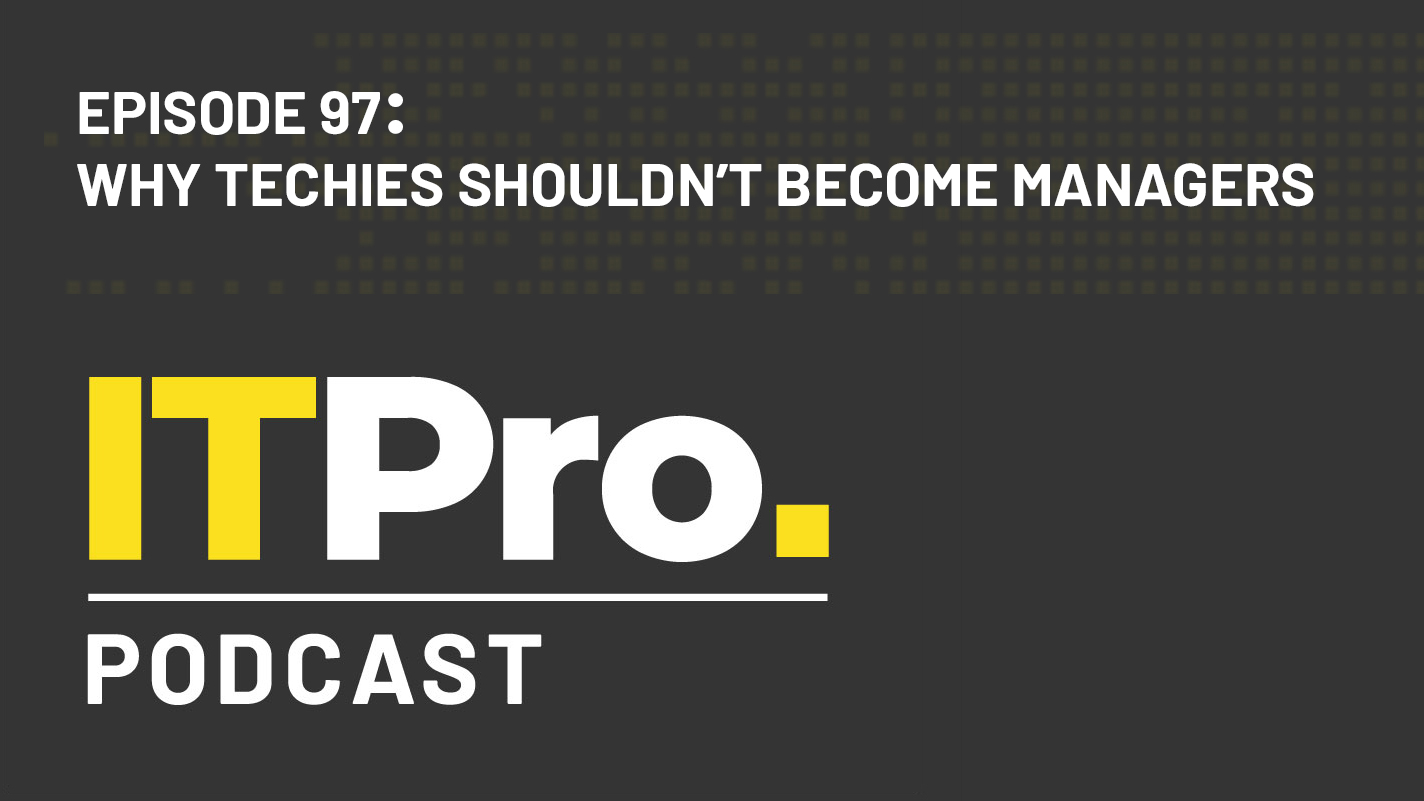2012: the outlook for IT managers
IT's "squeezed middle" will focus more on the business in 2012.

Sign up today and you will receive a free copy of our Future Focus 2025 report - the leading guidance on AI, cybersecurity and other IT challenges as per 700+ senior executives
You are now subscribed
Your newsletter sign-up was successful
Middle managers have born the brunt of cutbacks in IT departments over the last decade, as companies have looked to reduce their technology overheads and staffing levels.
IT managers are having to contend with a more complicated technical landscape, as well as a greater focus on project management, and work that directly affects the business.
But within leaner and more flexible IT operations, skilled managers can still fund interesting work, and command good salaries. This is especially true in "hot" technology areas, such as mobile. A recent survey by ReThink Recruitment, for example, found that managers with three years' experience in running mobile projects can earn 600 a day.
As with IT professionals, however, IT managers are having to contend with a more complicated technical landscape, as well as a greater focus on project management, and work that directly affects the business.
Building bridges
As the bridge between the operational IT staff in areas such as support and on helpdesks and the strategic leadership of IT directors, COOs and CIOs the IT manager is tasked with managing this complexity. IT managers are also the primary interface between the business, and IT, and are also likely to be the main liaison with external providers of IT services.
That structurally more complicated IT organisation is going hand in hand with a more complex IT landscape. "Over the last 15 years, IT managers have been told that simplification is good," says Philip Hopley of h2 Index, an IT management research company.
Sign up today and you will receive a free copy of our Future Focus 2025 report - the leading guidance on AI, cybersecurity and other IT challenges as per 700+ senior executives
"Suddenly, we have to get used to a situation where there is an enormous variation in hardware that needs central control and governance, if you are to keep costs down." Employees are now likely to want support for a personal Mac or tablet, as well as for the corporate PC, he says.
Managing those demands mean shifting the mentality of the IT department, towards service rather than managing hardware and software. A catalogue approach to IT services or equipment is one approach that is proving successful for a number of organisations tackling the consumerisation of IT, Hopley suggests.
-
 Sumo Logic expands European footprint with AWS Sovereign Cloud deal
Sumo Logic expands European footprint with AWS Sovereign Cloud dealNews The vendor is extending its AI-powered security platform to the AWS European Sovereign Cloud and Swiss Data Center
-
 Going all-in on digital sovereignty
Going all-in on digital sovereigntyITPro Podcast Geopolitical uncertainty is intensifying public and private sector focus on true sovereign workloads
-
 IT Pro Panel: Tackling technical recruitment
IT Pro Panel: Tackling technical recruitmentIT Pro Panel With the recruitment market shifting, how can businesses both retain their best staff and fill gaping talent shortages?
-
 Podcast transcript: Why techies shouldn’t become managers
Podcast transcript: Why techies shouldn’t become managersIT Pro Podcast Read the full transcript for this episode of the IT Pro Podcast
-
 The IT Pro Podcast: Why techies shouldn’t become managers
The IT Pro Podcast: Why techies shouldn’t become managersIT Pro Podcast Managing people is a completely different skillset to managing technology - so why do we keep pushing people from one to the other?
-
 Podcast transcript: How umbrella companies exploit IT contractors
Podcast transcript: How umbrella companies exploit IT contractorsIT Pro Podcast Read the full transcript for this episode of the IT Pro Podcast
-
 The IT Pro Podcast: How umbrella companies exploit IT contractors
The IT Pro Podcast: How umbrella companies exploit IT contractorsIT Pro Podcast Is tighter regulation needed to stop workers from being cheated out of earnings?
-
 Data scientist jobs: Where does the big data talent gap lie?
Data scientist jobs: Where does the big data talent gap lie?In-depth Europe needs 346,000 more data scientists by 2020, but why is the gap so big?
-
 Four tips for effective business collaboration
Four tips for effective business collaborationOpinion Collaboration is about more than just removing office walls
-
 IT Pro Panel: The truth about talent
IT Pro Panel: The truth about talentIT Pro Panel Why is it still so hard to find good people?